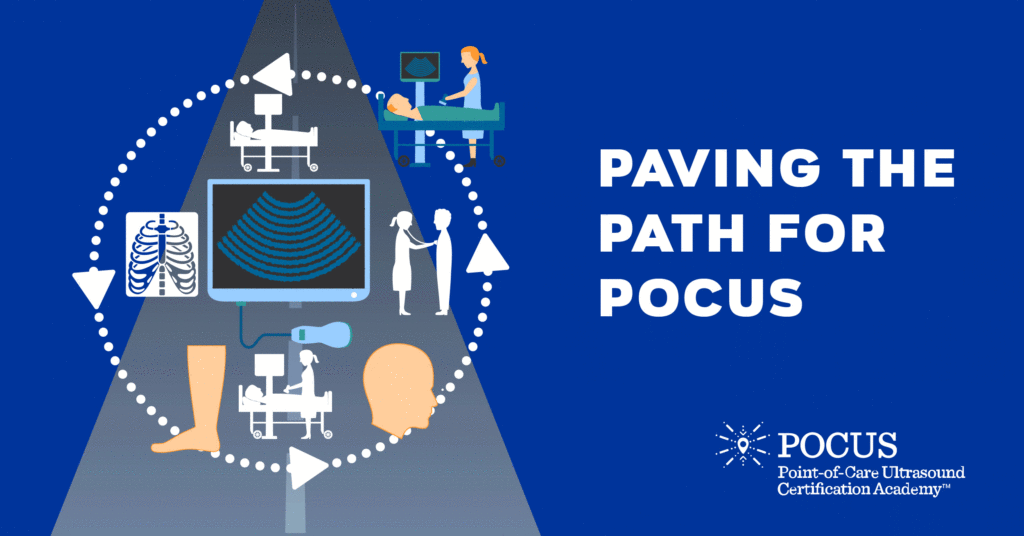The healthcare field is evolving, and as new knowledge and resources become available, members of the medical community engage with the changes to provide the highest quality of care.

Across the industry, there are four main areas of innovative advancements that are frequently occurring and strengthening the healthcare system:
- The knowledge used to inform patient care.
- The improvements in medicine to help combat healthcare conditions.
- The practices medical workers implement to improve their patients’ experiences.
- The available technologies that help ensure more accurate and time-efficient diagnoses.
As these improvements occur, patients and practitioners have experienced the benefits of the growth in the field. Embracing the array of changes in the discipline allows medical workers to improve their diagnostic capabilities, demonstrate their subject-matter expertise, and highlight their commitment to their patients. In turn, the process of receiving care is frequently improving, and aiding patients is occurring more promptly.
Point-of-care ultrasound (POCUS) is a prominent example of this trend: patients benefit from its application, and consequently, as healthcare workers have recognized its benefits, it’s used more frequently across various medical situations.
POCUS as a Groundbreaking Tool
Its heightened awareness, its ability to augment the diagnostic process, its cost-effectiveness, and its portability has resulted in a rise in POCUS’ popularity across specialties. The coronavirus pandemic (COVID-19) has furthered this trend with studies identifying numerous advantages of using POCUS to manage the virus.
POCUS for Hospitalists
POCUS for hospitalists is one specialty in the medical discipline that has been gaining traction. The modality’s growth is primarily credited to driven healthcare professionals who work to inform themselves, develop their skill sets, and help mold programs and opportunities for using POCUS.
In a recent Focus on POCUS™ podcast episode, we had the opportunity to talk with one such individual: Dr. Rebecca Davis. Presently, she is actively involved in bringing the POCUS Fellowship to hospitalists. However, it was only as an attending two years ago when the opportunity arose to develop her POCUS skill set. Her passion for the modality, and the mentorship and partnerships she developed in the medical community, propelled her forward.
During her interview, Dr. Davis discussed the development of the POCUS program at Thomas Jefferson Medical School. Also, she addressed a few ways that POCUS for hospitalists is different than for primary care physicians. Three differences she highlighted were:
- There is more time available for hospitalists to complete scans.
- Hospitalists are often looking for changes in the patient’s presentation that are different than observed in the ER’s workup.
- Hospitalists are seeing a higher degree of abnormal scans.
As POCUS for hospitalists expands, the work that Dr. Davis and other passionate medical workers are doing is undoubtedly instrumental and indeed a vision to watch.
Growing POCUS as a Community
The unstoppable nature of POCUS is driving many healthcare professionals towards education and training on how best to incorporate the modality into their practice. From volunteering to engaging with student groups, dedicating their time to develop POCUS programs at facilities they work, and more, members of the community are collaborating to grow the impact of POCUS and extend the reach of the advantages it provides.
Listen to the full podcast to learn more about Dr. Davis’s experience using and growing POCUS at her workplace and how hospitalists are increasingly using it to provide the highest standards of care.
_____
Want to learn more about the impact POCUS is having on patient care? Visit our education and training resources page for more in-depth insights. Ready to start your POCUS journey? Check out our many certificates and certifications here.





















